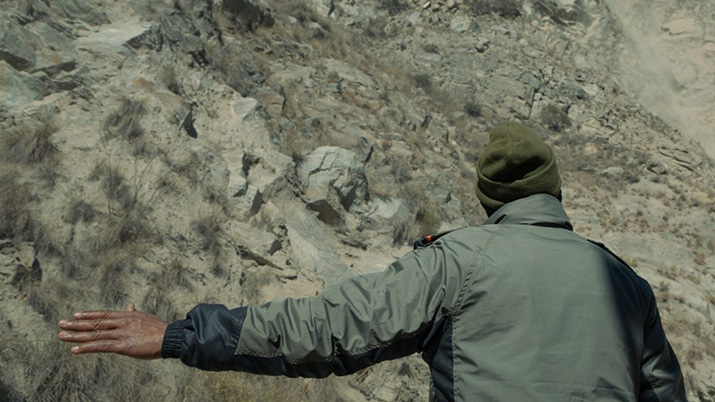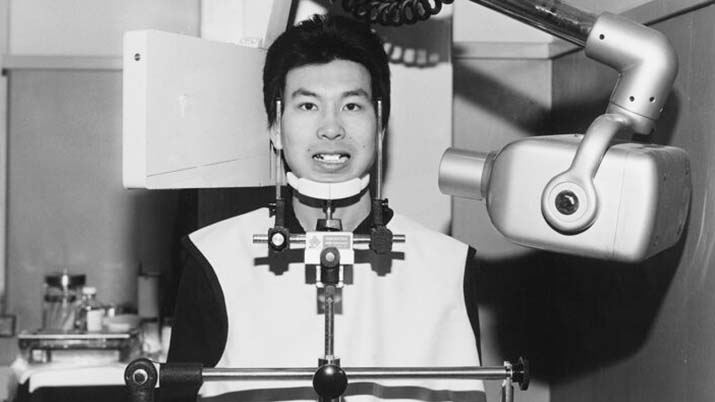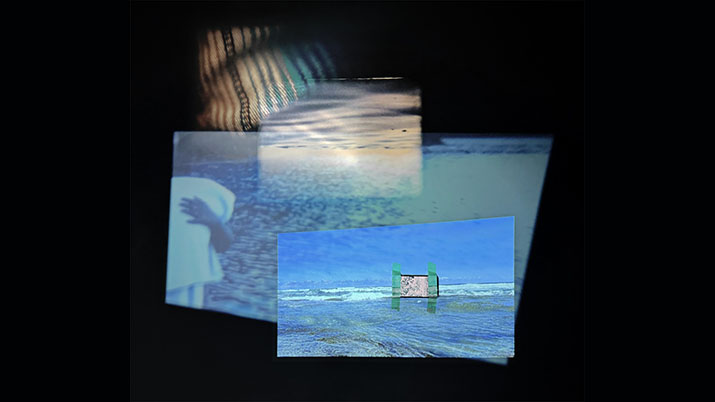A lecture by Joyce Cheng as part of the Joan Carlisle-Irving Lecture Series
5:30 p.m., Wednesday, November 16, 2022
Room 102, Frederic Lasserre Building
6333 Memorial Road, University of British Columbia
ahva.ubc.ca
This event is free and open to the public.
Arguably the most multi-faceted of the global avant-garde movements of the interwar period, surrealism has long been recognized to encompass an ethnographic dimension. The anthropologist James Clifford has gone as far as coining the term “ethnographic surrealism” to describe the subversive magazine of arts and culture edited by Georges Bataille, Documents, which juxtaposes ethnographic (including archaeological) materials with those of contemporary art and popular culture. Yet, the ethnographic dimension of surrealism also goes beyond this rhetorical use of professional ethnology by Bataille’s so-called dissident group, and should be considered more broadly to include psychiatry, the profession in which surrealism’s leading poet André Breton was initially trained, and the unofficial documentation of urban habits such as graffiti and fashion in the journal Minotaure. This talk will therefore argue that an always implicitly ethnographic surrealism was mainly concerned with documenting and making visible non-sovereign and marginalized forms and practices of subjectivity through aesthetic forms, which bourgeois modernity had tended to pathologize or denigrate.
Joyce S. Cheng is Associate Professor of Art History at the University of Oregon where she teaches courses in modernist visual arts, poetics, aesthetic theories, and the cultural and intellectual history of the interwar period. She has published book chapters and articles on topics such as symbolism, dada, surrealism and the art theories of Carl Einstein, which have appeared in Modernism/modernity and Res. Principally a scholar of surrealism, she is currently finishing a book entitled The Persistence of Masks: Surrealism and the Ethnography of the Subject. Reflecting her interest in methodological issues in the studies of art and cultural forms, she is also at work on a new project that considers the Japanese popular icon Hello Kitty from the perspective of anthropological aesthetics.
Image: Parisian graffiti photographed by Brassaï. In Minotaure, no. 3-4, 1933, p. 7.



